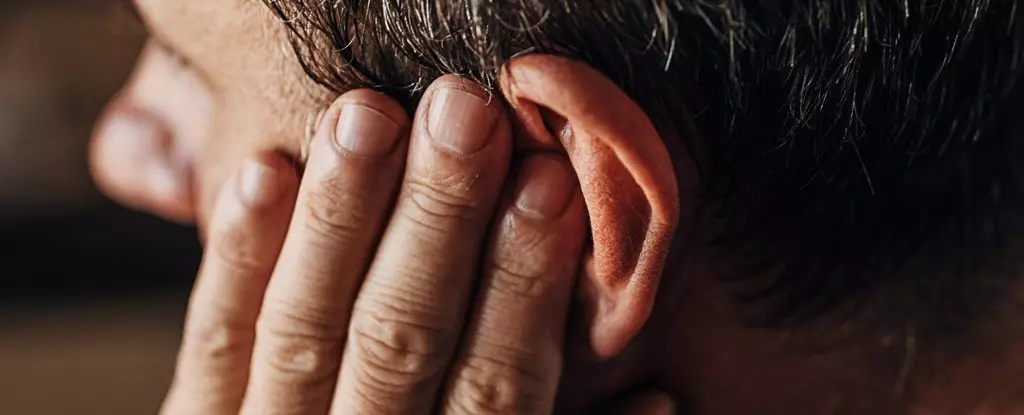Tinnitus, a condition affecting approximately 15% of the global population, is often characterized by the perception of sound without any external auditory stimulus, such as ringing or buzzing in the ears. This condition can become an incessant annoyance for those who suffer from it and can significantly impact mental well-being, potentially leading to heightened levels of stress and depression. Individuals who experience chronic tinnitus can find their quality of life severely diminished, leading researchers to probe the relationship between tinnitus and sleep as a potential avenue for management and treatment strategies.
Tinnitus is classified as a phantom percept, meaning that it arises from brain activity rather than an external sound source. This phenomenon challenges our understanding of perception—how does the brain create sounds that do not exist? Additionally, the persistence of tinnitus often correlates with mental health issues, as the continuous auditory disturbance can lead to emotional distress over time. The interplay between chronic tinnitus and psychological health becomes a focal point of understanding the broader implications of this condition on daily living.
Sleep serves a multifaceted role in human health, particularly for cognitive processes such as memory enhancement and emotional regulation. Research has demonstrated that one of the most critical stages of sleep, slow-wave sleep (SWS), plays a vital role in restorative functions for the brain. During SWS, brain activity exhibits distinctive wave patterns, enabling recovery from the wear and tear experienced throughout the day. This stage is particularly pronounced in areas of the brain associated with motor functions and sensory processing.
However, sleep disturbances are common among those affected by tinnitus. Many patients struggle with insomnia or experience restless nights due to the constant auditory interference. There’s a compelling hypothesis that individuals with tinnitus may exhibit hyperactivity in specific brain regions even during sleep, which could hinder their ability to reach the restorative depths of slow-wave sleep. By investigating the relationship between sleep patterns and tinnitus, we may glean insights that could help refine treatment approaches.
Interestingly, while individuals with tinnitus often face challenges in achieving deep, restorative sleep, research indicates that specific aspects of their slow-wave sleep might still occur. The unique brain activity during the deepest stages of sleep could, in fact, provide a neuroprotective effect against the perception of tinnitus. This raises the question: can inducing deeper sleep help mitigate the symptoms of tinnitus for those who suffer from it?
Understanding how the brain suppresses the perception of tinnitus during deep sleep offers exciting avenues for developing therapeutic strategies. It appears that the brain’s neurons may engage in a form of recovery during prolonged wakefulness, transitioning to slow-wave activity that could interrupt the persistent signals causing tinnitus. Additionally, during these deep sleep cycles, brain areas that are otherwise hyperactive could be muted, preventing further disruption of sleep and allowing for more natural rest.
To enhance the treatment landscape for tinnitus, researchers have begun to explore interventions that focus on optimizing sleep. Techniques such as sleep restriction, where individuals limit their time in bed to only when they feel tired, could potentially increase the quality of sleep and, consequently, its suppressive effects on tinnitus perception. Furthermore, there is an impetus to study the various stages of sleep, particularly REM sleep, to uncover how they influence tinnitus and whether they can be leveraged in therapeutic contexts.
By synchronously recording brain activity in relation to different sleep stages and the frequency of tinnitus, research can deepen our understanding of this complex relationship. This could also allow for better identification of fluctuations in tinnitus intensity during various sleep phases, offering a clearer picture of how sleep architecture influences auditory perception and overall well-being.
The intricate relationship between tinnitus and sleep remains a pivotal area for research, with significant implications for improving the quality of life for those suffering from this frustrating condition. As we unravel the neurophysiological connections between these two phenomena, new treatments may emerge that harness the restorative power of sleep to alleviate the burdens of tinnitus. By addressing the significant interplay of brain function during sleep and waking states, there exists a hopeful pathway toward managing this pervasive auditory condition more effectively.

